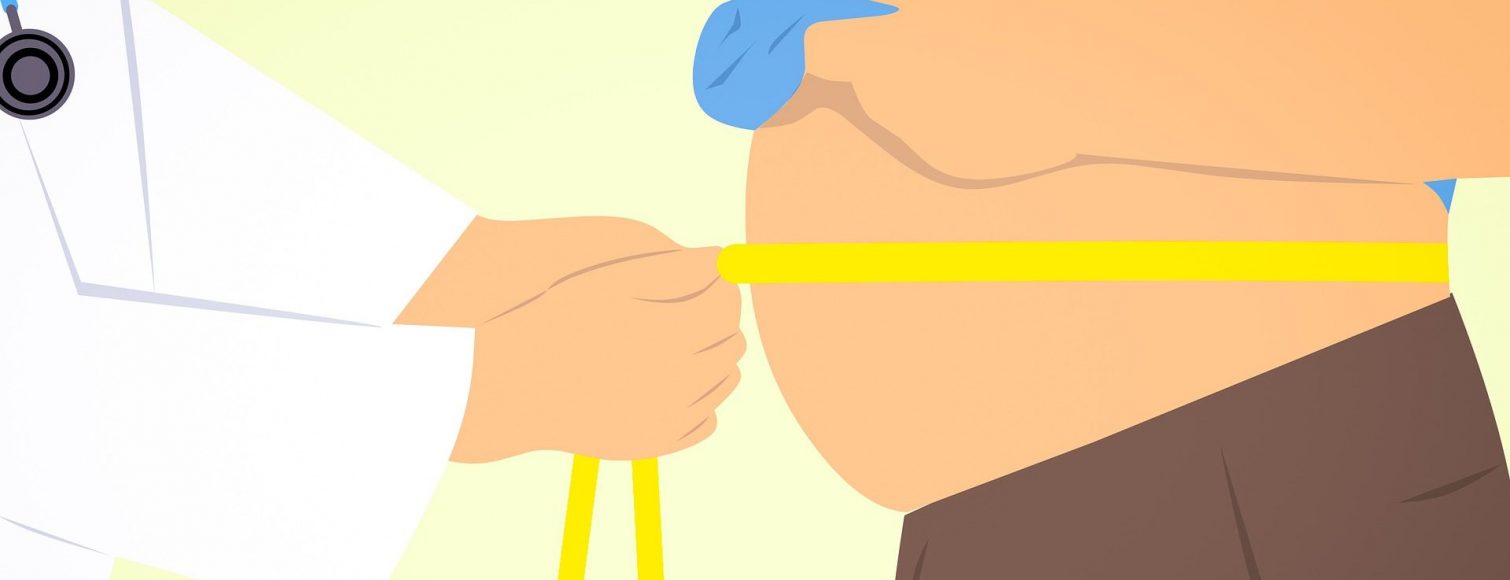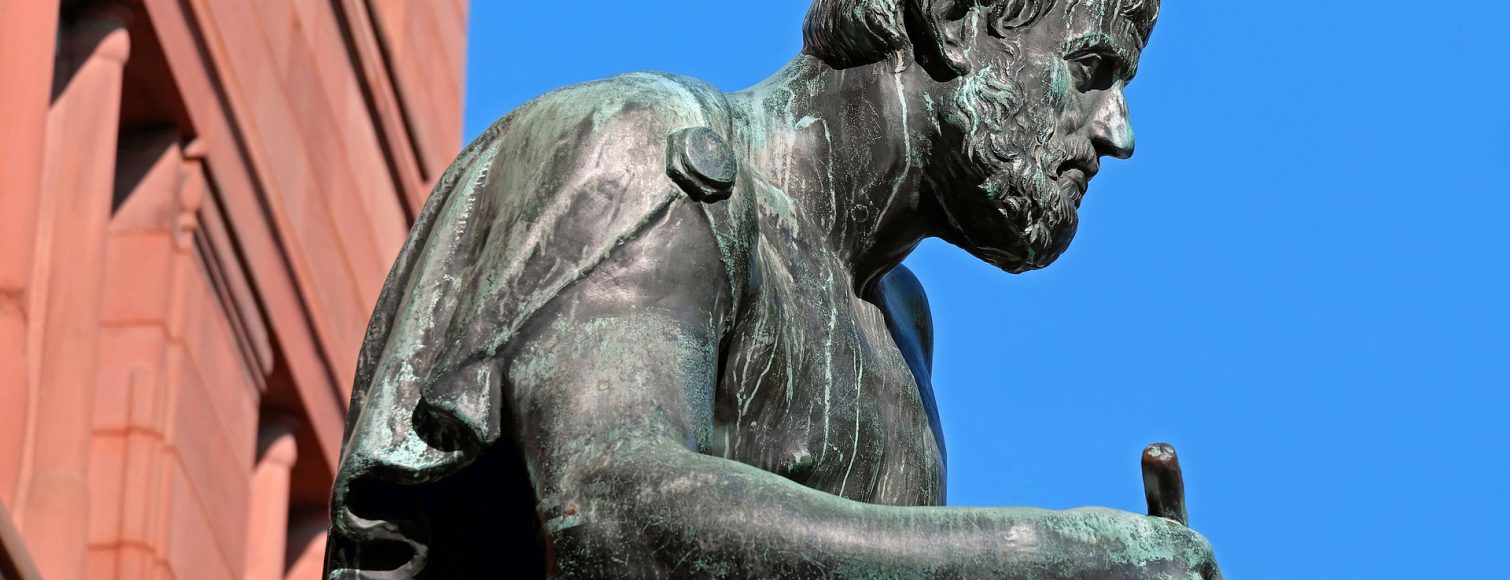Wednesday April 15 | Comedy & Call for Content
Spitfree Comedy live by Comedy Club Haug
The Rotterdam-based comedy club Club Haug live streams ‘Spitfree Comedy’ three times a week on Wednesday, Friday and Saturday at 21:00. A talkshow without an audience, but with the club’s own comedians, a special guest and a moderator who varies every show. It is in Dutch and you can support the comedy club by ‘buying a ticket’ (donation are voluntarily). All shows are recorded and available online for a week on the club’s YouTube channel.
A Closer Look by Seth Meyers
The corona virus hits hard in the USA and there’s a lot to say about the sitting government and how it handles the outbreak. Feel like some Trump-bashing? Comedian Seth Meyers takes a closer look at President Trump essentially abdicating his responsibility to handle the coronavirus pandemic in A Closer Look, an item in his talkshow in which he reflects on the daily news. Meyers has set up a stage in his own home, where he started in the hallway and gradually moved to the attic.
Hesiodos Magazine | Call for Content
These are confusing times, how do you cope? A lot of people feel like expressing themselves artistically. The editors of TU Delft’s creative magazine Hesiodos are looking for contributions for the fourth edition that is to be published later this year. Feel like ventilating your thoughts and emotions on the corona virus? Then send your poems, illustrations, stories, photos or paintings: virtually anything that can be printed. Deadline is 16 May 2020. Check the details at https://hesiodos.nl/
Studium Generale created a Corona Care Package to make #StayingIn as pleasant as possible. In the following weeks we will share videos, blogs, articles and podcasts within four focus areas: Mental Health, Fake News, Arts & Culture and Philosophy.










